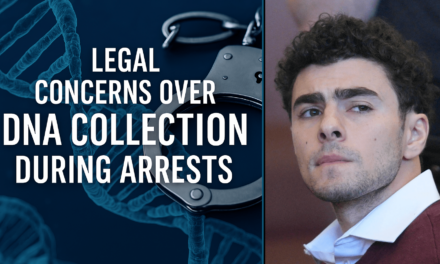In recent years, there has been a growing acknowledgment of the profound impact that traumatic events can have on an individual’s mental health. Conditions such as Post-Traumatic Stress Disorder (PTSD), anxiety, and depression are increasingly recognized as significant injuries resulting from accidents or negligent actions. At Pisanchyn Law Firm, we understand the importance of addressing both the physical and psychological ramifications of personal injury incidents to ensure our clients receive comprehensive support and just compensation.
Understanding Psychological Injuries
Psychological injuries, often referred to as emotional distress or mental anguish, encompass a range of mental health conditions triggered by traumatic experiences. These can include:
-
Post-Traumatic Stress Disorder (PTSD): A condition characterized by persistent mental and emotional stress occurring as a result of injury or severe psychological shock.
-
Depression and Anxiety: Mood disorders that can develop after traumatic events, leading to prolonged feelings of sadness, hopelessness, or excessive worry.
-
Adjustment Disorders: Emotional or behavioral symptoms in response to a stressful event or change in a person’s life.
These conditions can significantly impair an individual’s ability to function in daily life, affecting work performance, relationships, and overall well-being.
Legal Recognition of Mental Health Claims
Historically, personal injury claims primarily focused on physical injuries. However, legal systems are increasingly recognizing the legitimacy of psychological injuries. Courts now acknowledge that mental health conditions resulting from another’s negligence can be as debilitating as physical injuries and warrant appropriate compensation.
For instance, in the landmark case of Molien v. Kaiser Foundation Hospitals, the California Supreme Court held that a plaintiff could recover damages for emotional distress without accompanying physical injury, recognizing the profound impact of psychological harm.
Challenges in Pursuing Mental Health Claims
While the legal system has made strides in recognizing psychological injuries, pursuing such claims presents unique challenges:
-
Proof of Injury: Unlike physical injuries, psychological conditions are not always visible, making them harder to prove.
-
Causation: Establishing a direct link between the traumatic event and the psychological condition requires thorough documentation and expert testimony.
-
Perception and Stigma: Despite growing awareness, mental health issues can still carry stigma, potentially influencing the perception of claims.
Our Commitment to Comprehensive Representation
At Pisanchyn Law Firm, we are dedicated to advocating for the full spectrum of our clients’ injuries. Our approach includes:
-
Collaborating with Mental Health Professionals: We work closely with psychologists and psychiatrists to obtain accurate diagnoses and treatment plans, strengthening the validity of claims.
-
Thorough Documentation: Our team ensures meticulous documentation of all aspects of the injury, including medical records, expert evaluations, and personal accounts.
-
Personalized Legal Strategies: Recognizing that each case is unique, we tailor our legal strategies to address the specific needs and circumstances of our clients.
Acknowledging and addressing mental health injuries in personal injury cases is crucial for delivering justice and comprehensive care to those affected. If you or a loved one has suffered psychological harm due to an accident or negligent act, Pisanchyn Law Firm is here to provide the compassionate and skilled representation you deserve.





